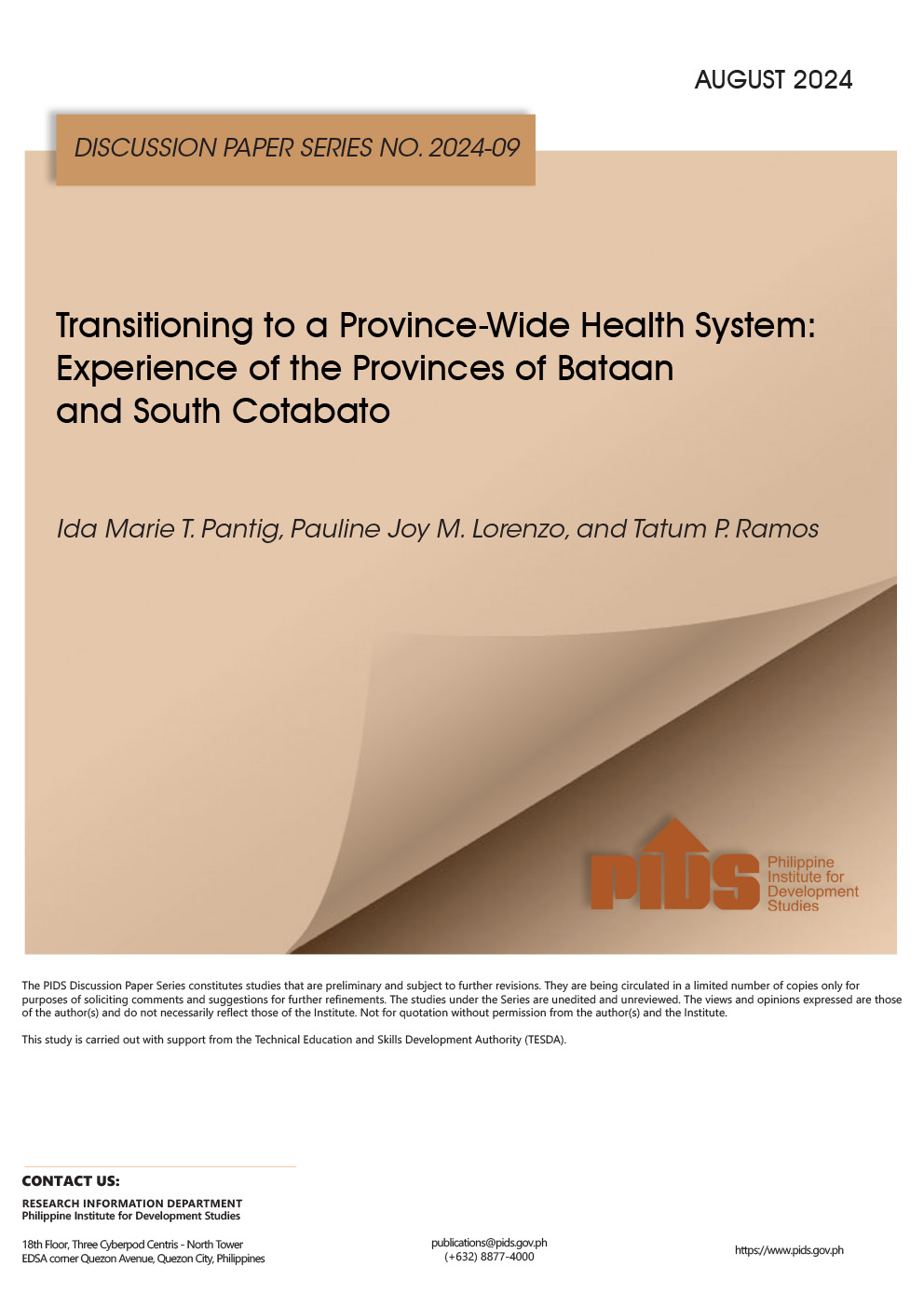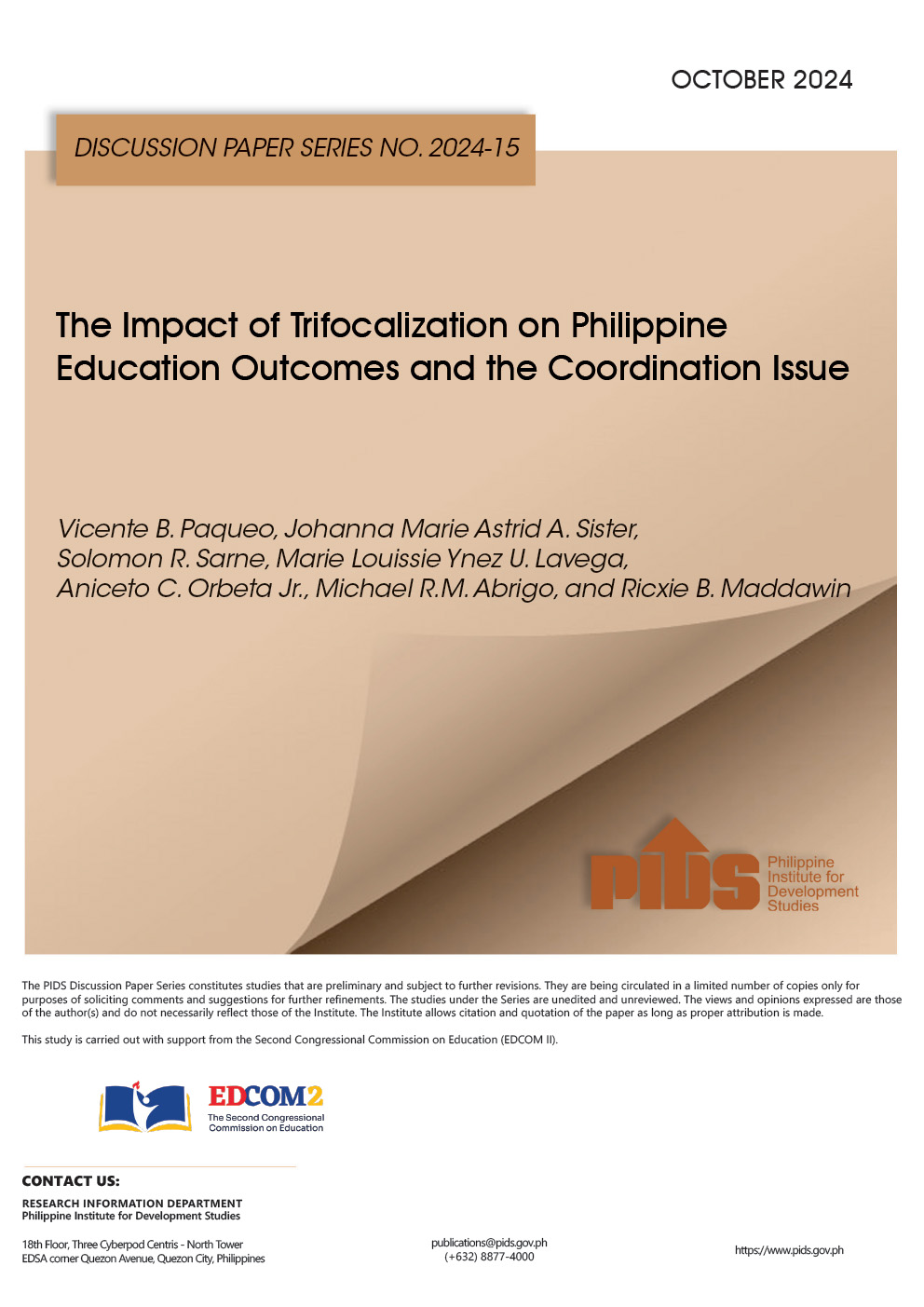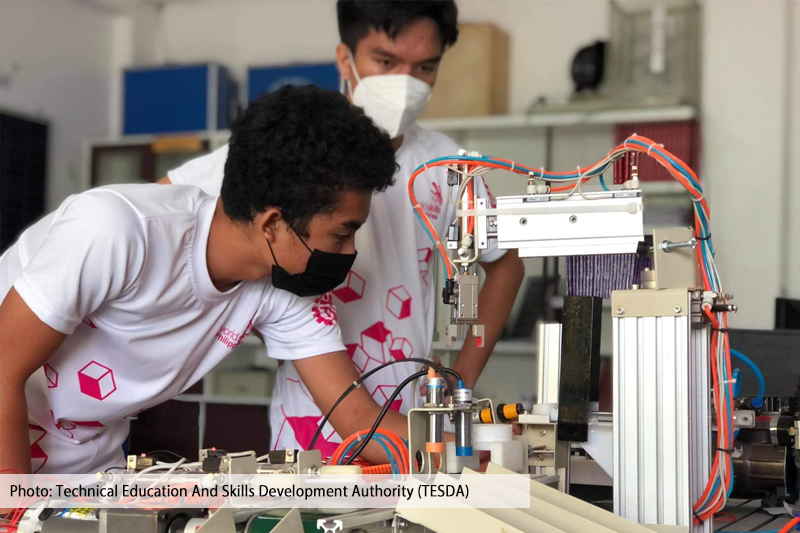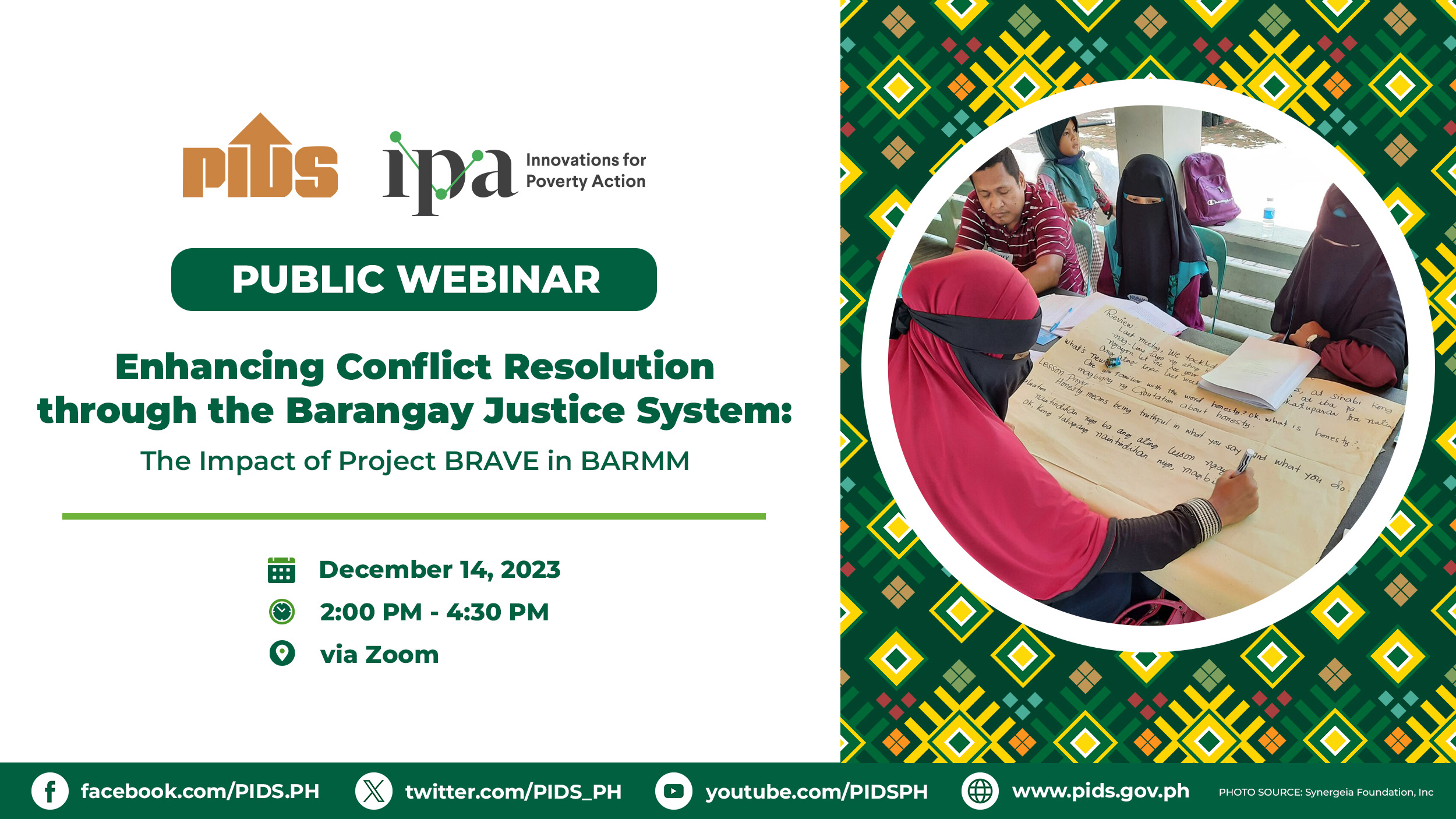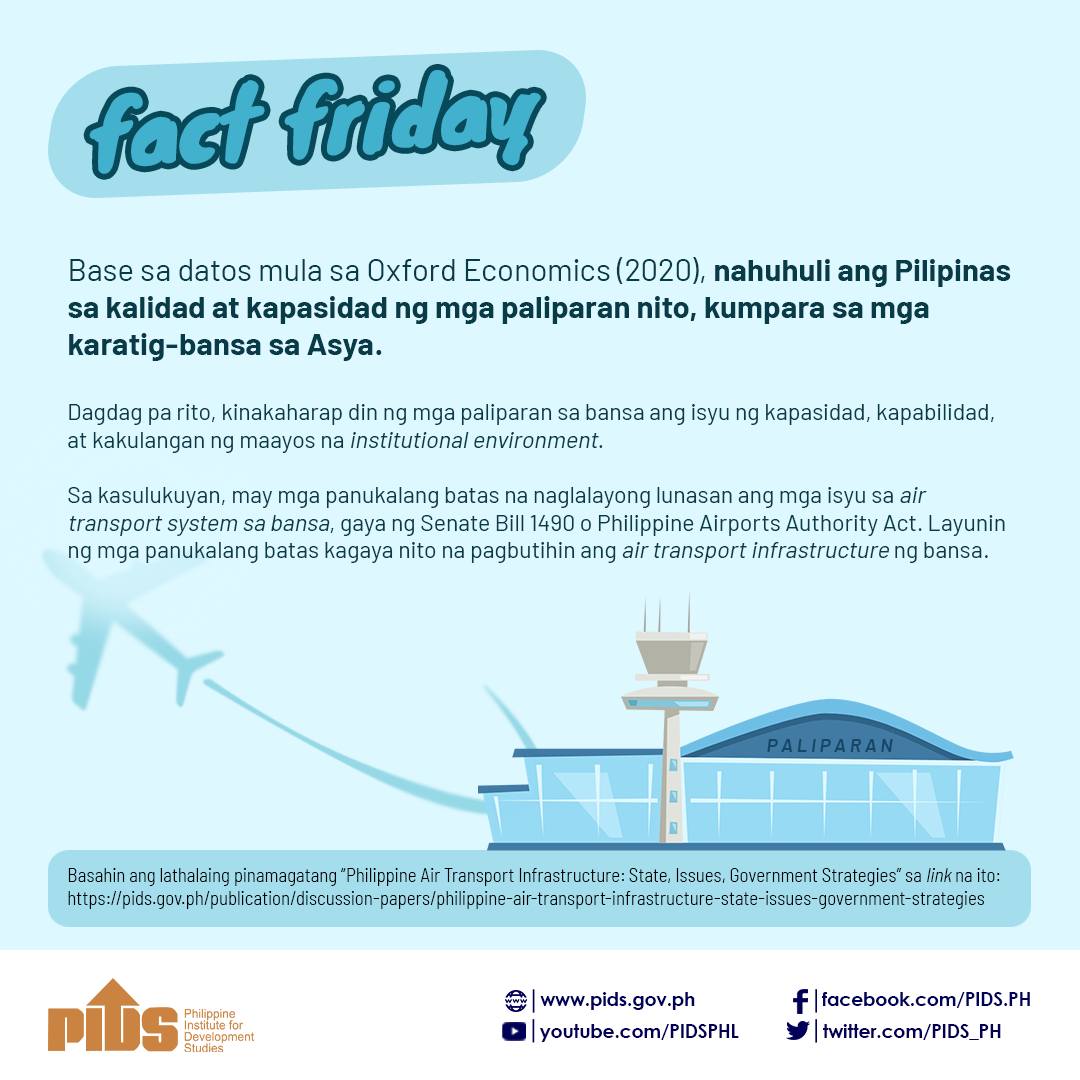A report showing the Philippine pension system as the second worst in the world is very disheartening.
Considering that we are among the world’s most populous economies, the Mercer CFA Global Pension Index report for 2022 is a huge disservice to our retirees who have spent their productive years contributing to nation-building.
The report rated the Philippines second to Thailand in a survey of pension systems among 44 countries which account for 65 percent of the world’s population. The Philippines scored 42.0 in the index, just slightly above Thailand, which scored 41.7. Countries were rated according to the adequacy, sustainability, and integrity of their pension systems.
Decades of neglect, bad policies special treatment for certain sectors, and a culture that is indisposed to saving for the future have all led to this predicament, according to Albay Second District Rep. Joey Salceda, who slammed the local pension system for the ignominious ranking.
Based on Philippine Statistics Authority data, only 20 percent of senior citizens in the country are covered by pensions either from the Social Security System or the Government Service Insurance System.
Our current pension system relies mainly on these two agencies although there is also the provident-type Pag-IBIG Fund that provides housing loans, and certain senior citizens’ benefits, such as the 20 percent discount on their purchases.
Under Republic Act 4917, private employers can establish their own retirement plans, with certain tax exemptions, as a supplement to SSS benefits; however, this is not mandatory, hence, are very few.
Salceda lamented that the country’s pension assets under management represent a measly 16 percent of the Philippine gross domestic product compared with the 36 percent average of non-Organization for Economic Cooperation and Development countries.
Pension reforms are needed in the face of these realities. The private pension system, for one, has serious flaws that need to be fixed. It is not portable, not funded, not adequate, not actuarially fair, and not sustainable.
As a consequence, it does not ensure continued well-being or provides a comfortable living for our retirees, especially future retirees coming from the millennial workforce and the next generation.
Based on a 2018 study by the Philippine Institute for Development Studies, the Philippines will be an “aging population” by 2032 when 7 percent of its population is 65 years old and older, and will become an “aged society” by 2069 when this goes up to 14 percent.
With the increasing life span of people and the waning traditional support for older members of the family, this segment of society will rely more on pension benefits, and if pension support fails, on the government. The cost of old-age retirement will become a heavy burden to the government and society.
Salceda proposed the creation of a task force that will study and enact pension reforms before the end of the term of President Ferdinand “Bongbong” R. Marcos Jr. in 2028.
He wants the creation of a select commission on pension reforms mandated to work with national government agencies to craft a full appraisal of the size of the country’s pension problem and propose solutions within six months.
He also wants the executive branch to create its own select commission, which can work on executive issuances that will improve pension governance, and also propose legislation to Congress.
Indeed, while the country’s pension benefits are still sustainable relative to the rest of the world, it is only because they are woefully inadequate for the needs of old age.
Have pity on our elders.

